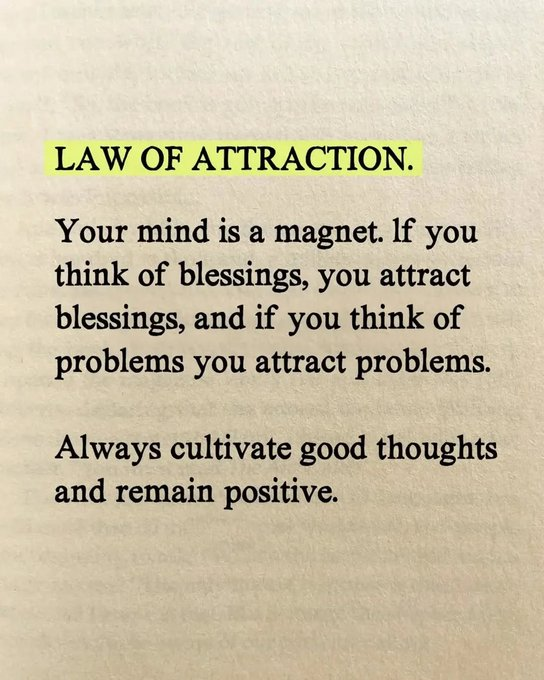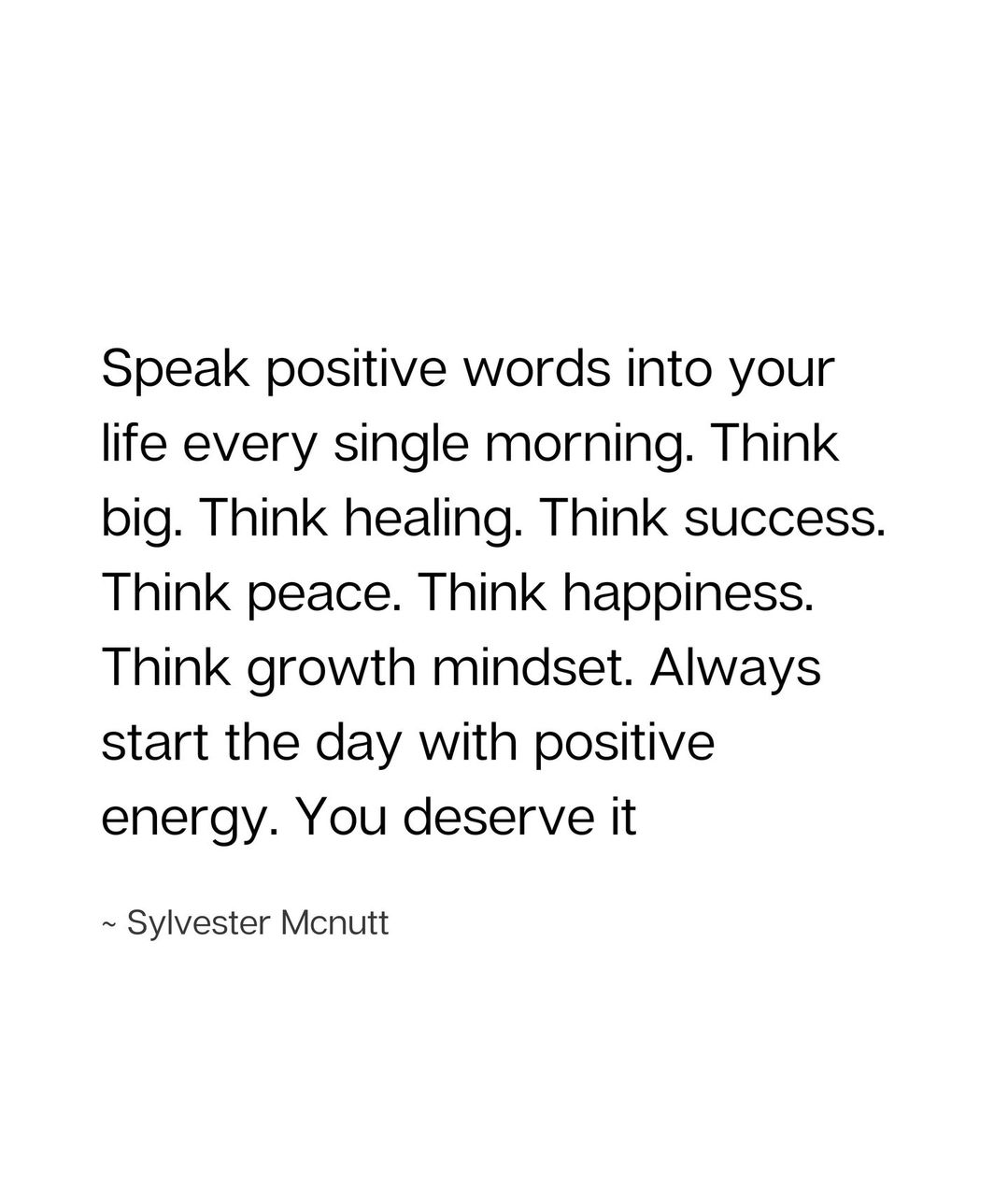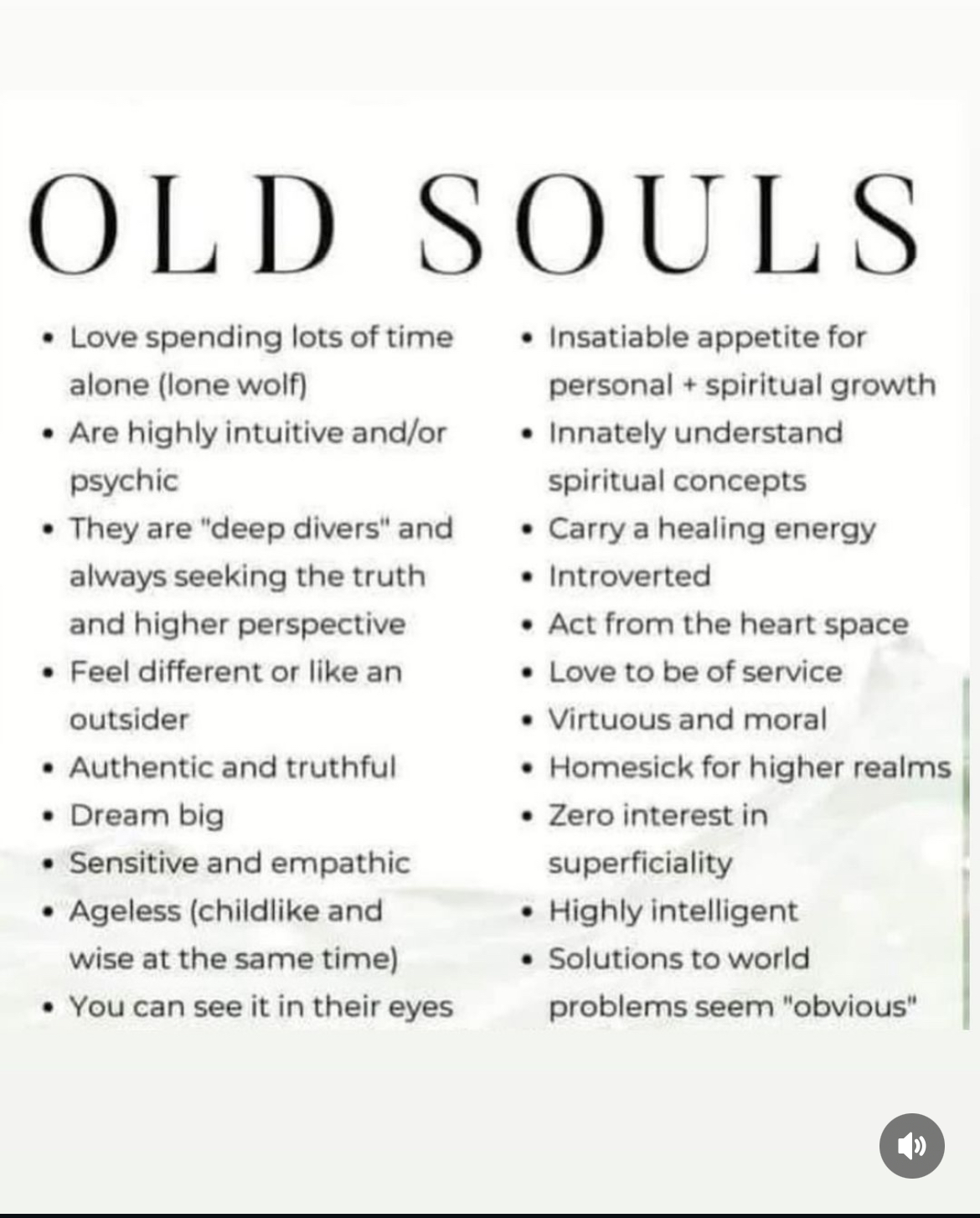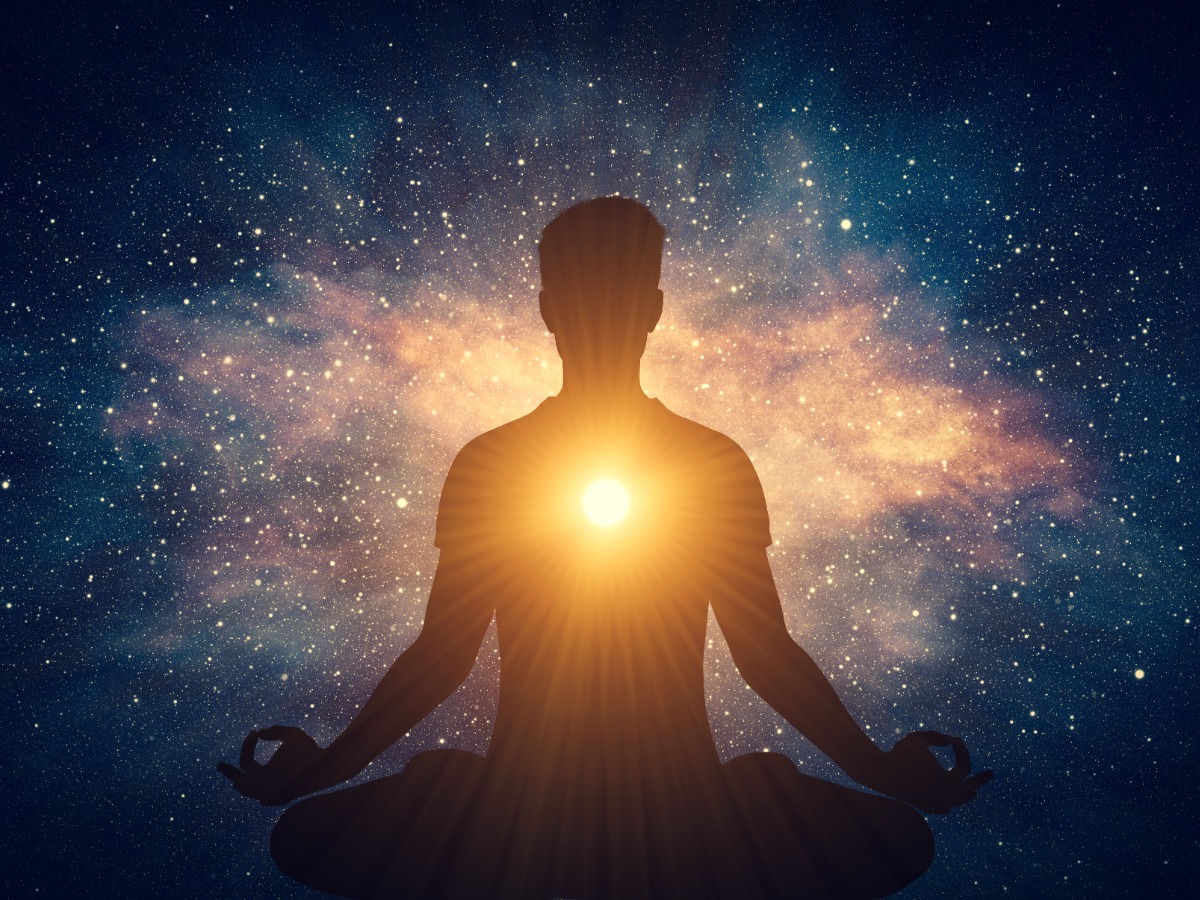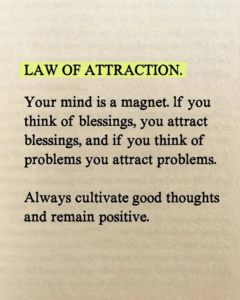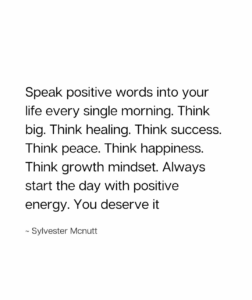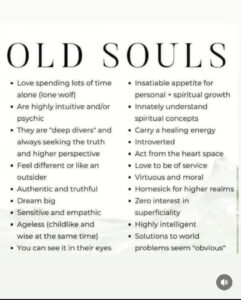Finding Peace in Chaos: Mastering Your Reactions
The image above, featuring a serene Buddha statue with the words, “When you can’t control what is happening, try to control the way you react to what is happening,” offers a timeless piece of wisdom. Life is often unpredictable, throwing challenges and uncertainties our way. While we can’t always control external events, we can control our responses—and that’s where true power lies. Let’s explore how this philosophy can bring peace and resilience to our lives.
The Uncontrollable Nature of Life
Life is full of moments we can’t dictate—a sudden job loss, a health scare, or even a global crisis. These events can leave us feeling powerless, anxious, or frustrated. The Buddha’s teachings, symbolized by the calm statue in the image, remind us that clinging to control over the uncontrollable only leads to suffering. Instead, the path to peace lies in acceptance and focusing on what we can influence: our reactions.
The Power of Your Reaction
Your reaction to any situation shapes your experience of it. For example, if you’re stuck in traffic, you might feel anger and stress, or you could choose to see it as a moment to listen to a podcast or reflect. The circumstance is the same, but your response changes everything. By controlling your reaction, you reclaim your emotional freedom. This doesn’t mean suppressing emotions—it means choosing how to channel them constructively.
Practical Steps to Master Your Reactions
Here are some ways to cultivate this mindset:
- Pause and Breathe: When faced with a challenge, take a moment to breathe deeply. This simple act can ground you, giving you space to respond thoughtfully rather than react impulsively.
- Reframe the Situation: Ask yourself, “What can I learn from this?” or “How can I grow through this?” Reframing shifts your perspective from victimhood to empowerment- **Mindfulness and LGBTQ+ – *Meditation:* Practice mindfulness or meditation daily. Even a few minutes of focused breathing or visualization can help you stay present and respond with intention rather than reaction.
- Gratitude Practice: Start or end your day by listing three things you’re grateful for. This shifts your focus to the positive, helping you respond to challenges with a calmer mindset.
The Role of Mindfulness
Mindfulness, a core Buddhist practice, is key to mastering reactions. It involves staying fully present in the moment, observing your thoughts and emotions without judgment. The Buddha’s serene expression in the image embodies this state of mindful awareness. By practicing mindfulness, you create a mental space to choose your response, even in chaos. Whether through meditation, mindful walking, or simply focusing on your breath, this practice helps you stay grounded.
Final Thoughts
The wisdom of the Buddha reminds us that while life’s events may be out of our hands, our reactions are not. By focusing on what we can control—our mindset, our breath, our gratitude—we can find peace amid the storm. As the Buddha teaches, true serenity comes from within. So, the next time life feels overwhelming, take a deep breath, channel your inner calm, and choose your reaction wisely.



